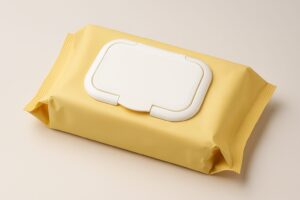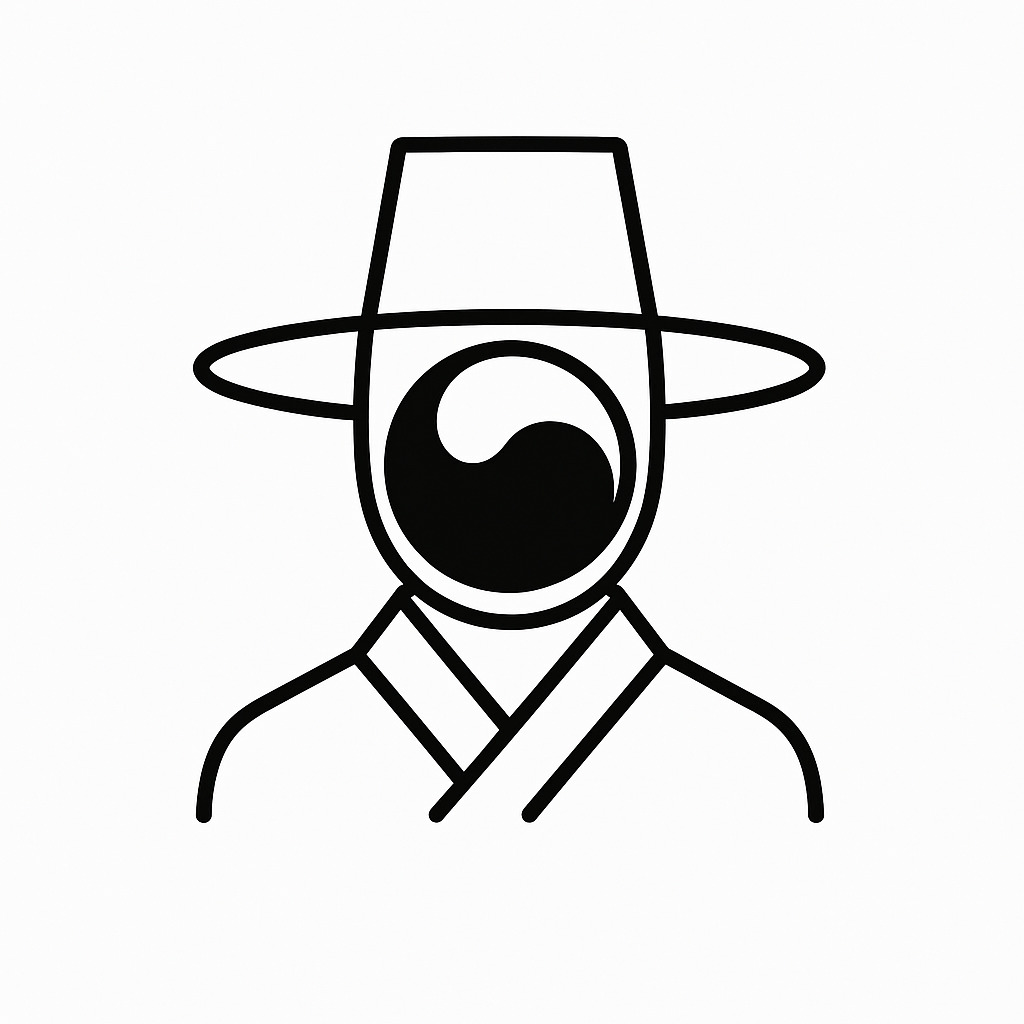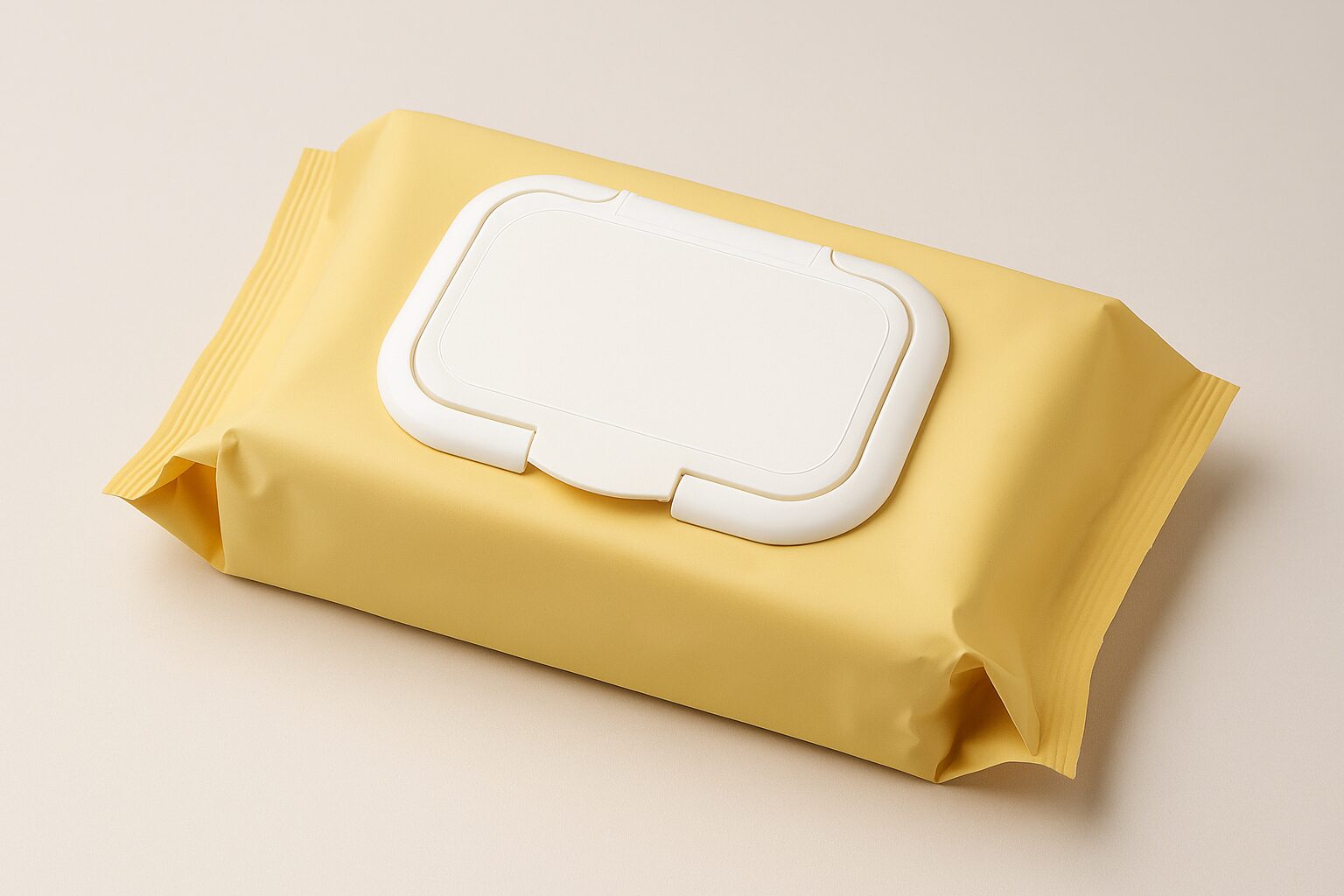

South Korea uses wet wipes more frequently than many other countries, largely due to their affordability, convenience, and integration into daily life. This cultural reliance spans personal hygiene, cleaning, and even food service.
🇰🇷 Wet Wipes in South Korea: A Cultural Staple
In South Korea, wet wipes—known as 물티슈 (mul tissue)—are not just a convenience but a cultural norm. From homes to restaurants, they are used daily for a wide range of purposes. Compared to many other countries, South Koreans tend to use wet wipes more frequently, and this trend has grown steadily over the past decade.
🧼 Why Wet Wipes Are So Popular
There are several reasons why wet wipes are so widely used in Korea:
- Affordability: Wet wipes are inexpensive and readily available in convenience stores, supermarkets, and online.
- Convenience: They are portable and easy to use, making them ideal for busy lifestyles.
- Hygiene-conscious culture: South Koreans place a high value on cleanliness, especially in public and food-related settings.
According to a study by the Korea Environment Corporation (한국환경공단), over half of the population in metropolitan areas uses wet wipes daily, with many people using them multiple times a day.
🍽️ Everyday Uses of Wet Wipes
Wet wipes serve a variety of functions in Korean daily life:
- After meals: People use them to wipe their mouths and hands after eating, especially in restaurants or at home.
- Cleaning: Wet wipes are used to clean surfaces like tables, smartphones, and even floors.
- Food delivery: Many restaurants include a pack of wet wipes with delivery orders, reflecting customer expectations for hygiene.
- Bathroom use: Flushable wet wipes (물에 녹는 물티슈) are increasingly popular, designed to dissolve in water and be safe for sewage systems.
🏪 Wet Wipes in Public Spaces
In places like 식당 (sikdang)—Korean restaurants—and 카페 (café), wet wipes are often provided for free. This practice became especially common during the COVID-19 pandemic, when hygiene concerns surged. Despite environmental concerns, many establishments continue to offer single-use wet wipes due to customer demand.
🌱 Environmental Concerns and Future Trends
While wet wipes are convenient, most are made from synthetic materials like polyester or polypropylene, which are not biodegradable. This has led to growing environmental concerns in Korea. The Ministry of Environment (환경부) is considering regulations to limit plastic-based wet wipes in favor of natural fiber alternatives.
South Korea’s wet wipe culture reflects a balance between convenience and cleanliness, deeply embedded in everyday routines. For visitors, it’s a small but telling example of how modern Korean life prioritizes hygiene and practicality—even in the smallest details.


답글 남기기